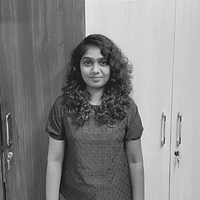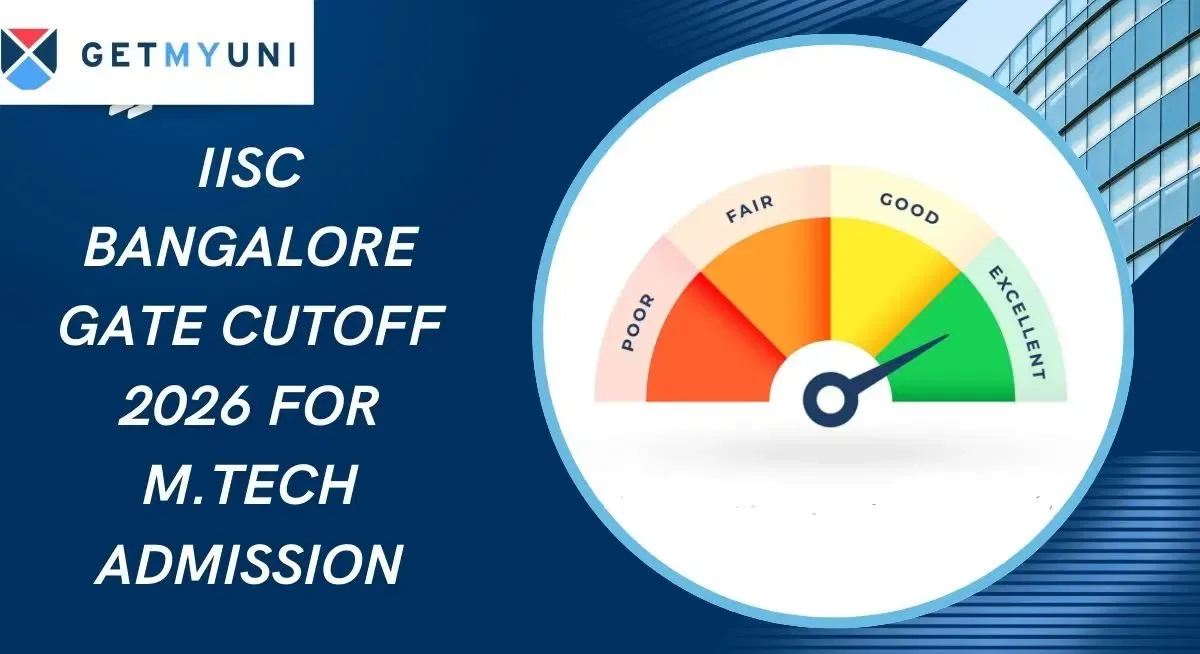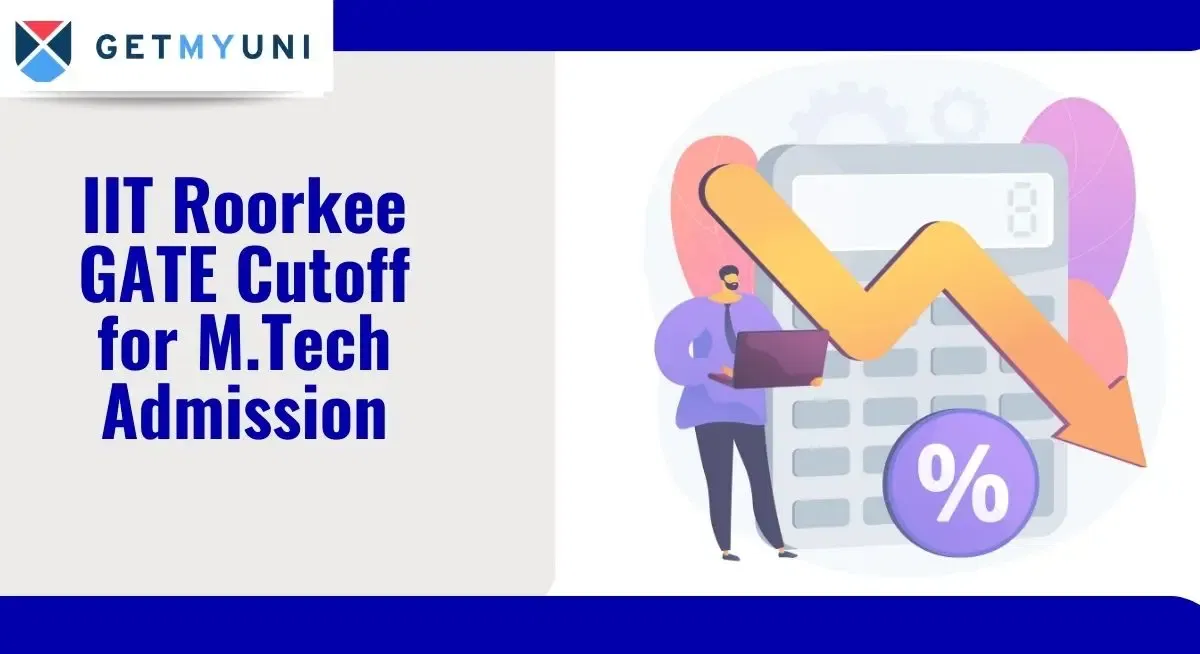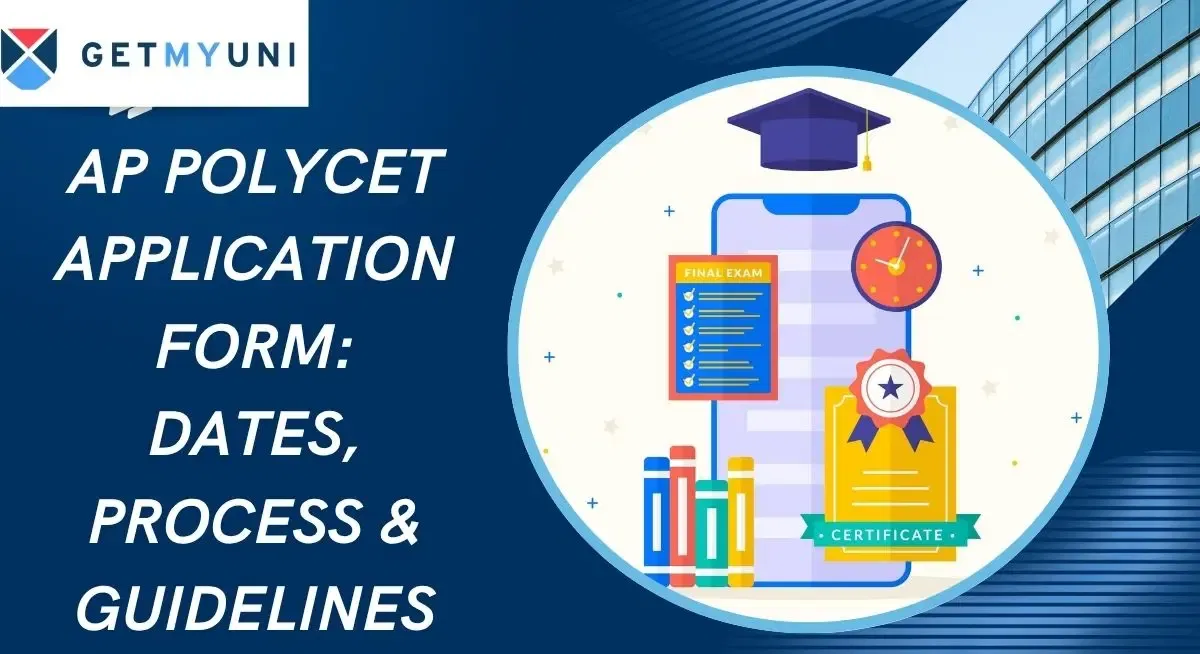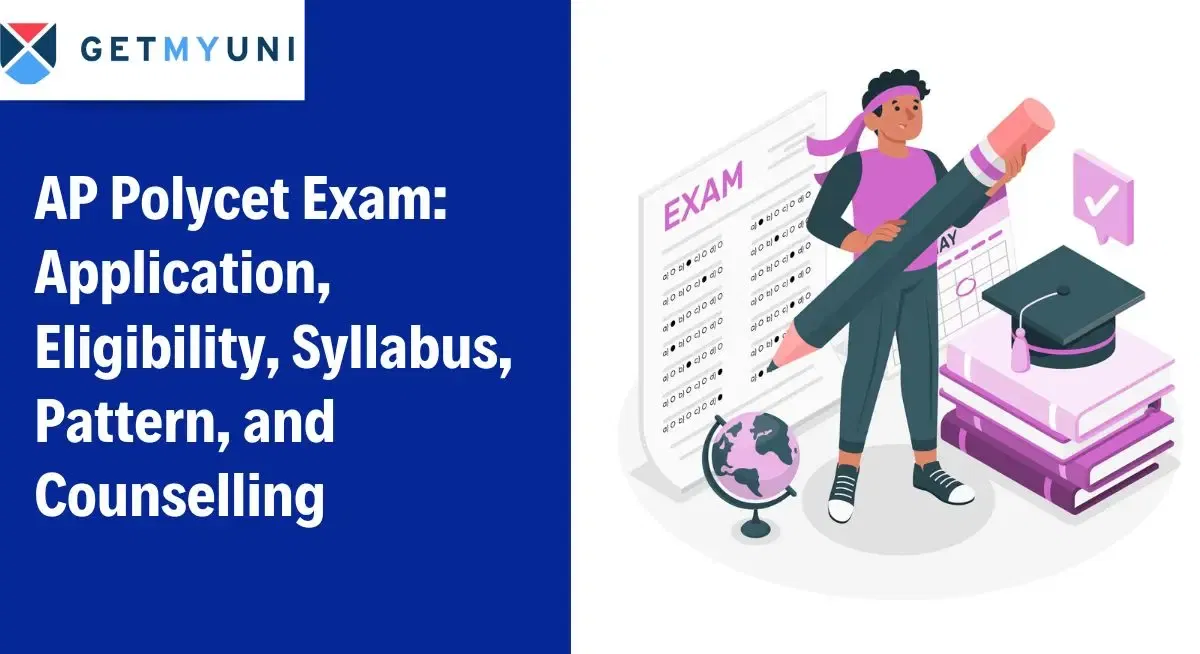Many students are wondering whether you can do a PhD after B.Tech or not. This article is written to help you answer that question as we have told you how to do it as well.
The most significant advantage of doing a Ph.D. right now after you complete B.Tech is that you get a chance to study with highly competitive students. Most of the students are worried about one thing, and that is just the amount of Ph.D. pressure and research aptitude you need right after B.Tech completes. But experts say that this will not be an issue.
There is no clarity on what is the Ph.D. eligibility as it differs with every institute. If you have future research plans and are thinking about it, then doing a Ph.D. after B.Tech or B.E. would be a great plan as this idea is indeed possible! In this article, we will be talking about Ph.D. after B.Tech and if it is possible or not and if it is indeed possible to do it, how can one do it? So read more to find out the answer.
Why Ph.D. After B.Tech?
It is known that the Master’s program can get very expensive. Usually, students interested in a research program enroll for the same, i.e., a Master’s program, later converting it to a Ph.D. But a direct admission to any of the well-known Ph.D. courses after a Bachelor’s degree is also an option, as a student can do it, provided when they work hard. There are specific criteria that the applicant needs to meet. Hence, you need to check for each university to apply for a Direct Ph.D. admission after a Bachelor’s, i.e., a B.Tech or a B.E program.
Ph.D. after B.Tech: How to Apply
For directly joining Ph.D. after B.Tech, you have to follow the below mentioned steps:
- First you have to crack the GATE examination.
- Your B.Tech CGPA must be at least 8.0 out of 10.
- You must have a good “SOP” (Study of Purpose) and a good “SOR”(Statement of Research).
- Then you need to prepare for the interview calls of various Institutes like IITs, IISC and others
- After clearing the interview, you can join your dream University as a direct PhD student.
How to do Ph.D. After B.Tech?
Whenever you try building a profile for a Ph.D. application, having a Master’s is the key. In most current scenarios, work experience in the field of interest for at least a year or two is good. The student can carry out whatever research work they require in the relevant area while doing their Bachelor’s program.
- Students can also learn how to work under their guides after graduation to show different experiences in research.
- A paper publication that is otherwise called a technical paper presentation is in the form of seminars and other projects during your Bachelor’s program that you need to do, reflecting your aptitude and interest in research.
- The final year project topic given to you at the end of the day can be selected as per your future research target.
- There is also a particular concept of Majors and Minors that students do not know about.
- It is better to choose your majors to try to make your profile stronger for a direct Ph.D. application.
- Care should be taken to ensure that the coursework is covered in proper time and that the Bachelor’s program is equivalent to the corresponding program in the US.
Ph.D. Entrance Exams
There is usually an entrance exam, whether you go for a Ph.D. from IIT, IIM, or any other higher education institution, to qualify for a Ph.D. Here's a breakdown of some of the top Ph.D. entrance exams that you should be familiar with:
- UGC Net Exam
- CSIR-UGC NET exam
- JGEEBILS
- GATE
- ARC Ph.D. Admission Test
- TISS RAT
- DU Ph.D. Entrance Exam
- IGNOU Ph.D. Entrance Exam
Ph.D. Specializations after B.Tech
Suppose you are currently prominent in the field of Mathematics and Finance. In that case, your chances of getting an admit for a Ph.D. in Quantitative Finance, which is otherwise called only Finance, can get better. Some of the Ph.D. specializations after B.Tech are:
- Ph.D. in Engineering
- Ph.D. in Electrical Engineering
- Ph.D. in Civil Engineering
- Ph.D. in Fluid mechanics, Turbomachinery and Energy Fluid
- Material, Mechanics, and Design
- Ph.D. in Information Engineering
- Ph.D. in Management and Manufacturing
- Ph.D. in Graphene Technology
- Ph.D. in Mechanical Engineering
- Ph.D. in Robotics Engineering
- Ph.D. in Artificial Intelligence
- Ph.D. in Computer Engineering
Documents Prerequisites
Apart from all of the points mentioned above in the paragraph, the essential factors you need to take care of while backing a profile are the documents you need to have that go along with your application.
- A Statement of Purpose (SOP) might be required, and it must be well written. It should describe why you want to make it and your reason behind pursuing a Ph.D. and stuff like your area of interest, application, and contribution of the research you wish to carry out, how you see yourself progressing with the research work, etc.
- An SOP can either make or break the deal for you. Your caliber and aptitude need to be exemplary in the SOP that you write.
- The next set of essential documents that you need to have is Letters of Recommendation from professors. These should come from your guides or your mentors from your university. Your equation and the work that you do with the focus matter a lot here. Hence maintaining a healthy rapport with staff and the hard work you need to do are a must.
Therefore, applying for a Ph.D. after a Bachelor’s program without ever needing to do a Master’s program is entirely possible. It involves a lot of hard work from your side over 3 to 4 years of Undergraduate life, but it works in your favor at the end of the day.
Important Points on Ph.D. After B.Tech
The following points listed below give you a summary of the topics listed above. We have listed them out in such a way that it looks like a list of the essential points to note about the topic Ph.D. after B.Tech:
- You can carry out any research work in a relevant area even though you are doing a Bachelor’s.
- Get lots of knowledge on publishing papers, writing technical paper presentations, and working on different projects. This will showcase your talent as well as your research interest.
- Get strong Letters of Recommendation from your professors in college, as it is essential to have a LOR in hand with you.
- A well-written statement of purpose will always be an added advantage to you if you have an SOP.
- Doing double or Triple Majors in any relevant kind of field related to that of research.
- Get good GRE scores and TOEFL scores or even IELTS scores, as they matter a lot.
- Make sure that your academic background is placed well as it plays a crucial role later on.
- Put in lots of long study hours so that you can achieve your target.
Universities Offering Ph.D. Programs in India
Listed below are the popular universities in India from where you can pursue Ph.D. directly after B.Tech:
- IIT Delhi
- IIT Kanpur
- IIT Guwahati
- IIT Hyderabad
- IIT Kharagpur
- BITS Pilani
- Chandigarh University, Mohali
- Lovely Professional University, Jalandhar
- Lingaya’s Vidyapeeth, Faridabad
- Hindustan Institute of Technology and Science, Chennai
- Awadhesh Pratap Singh University, Rewa
